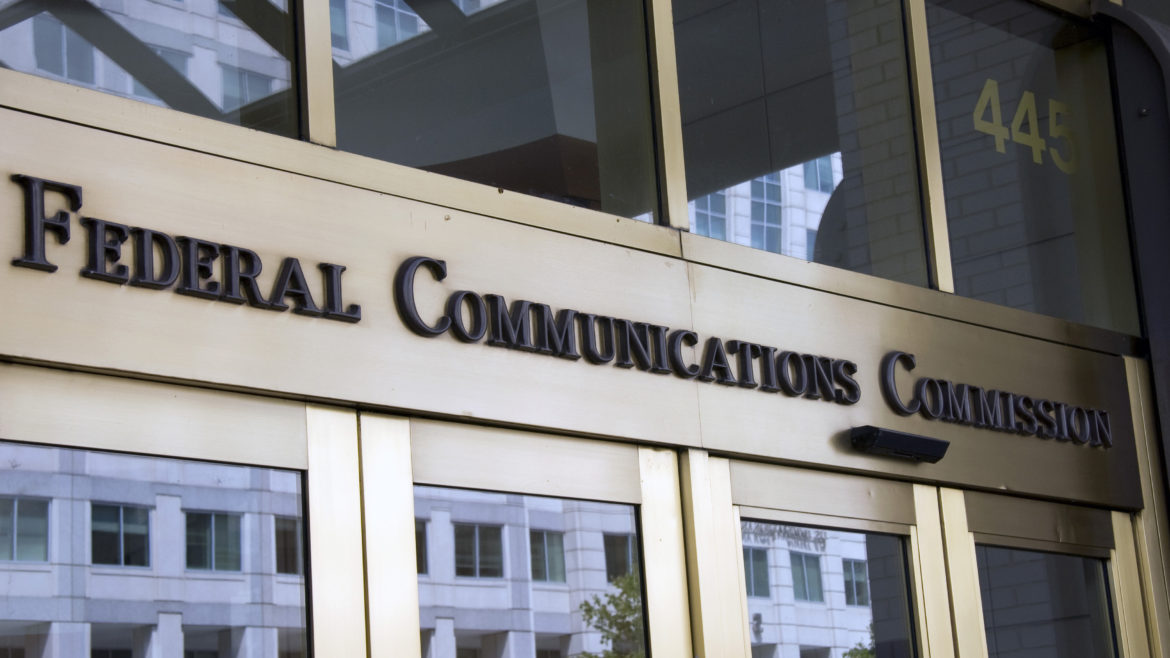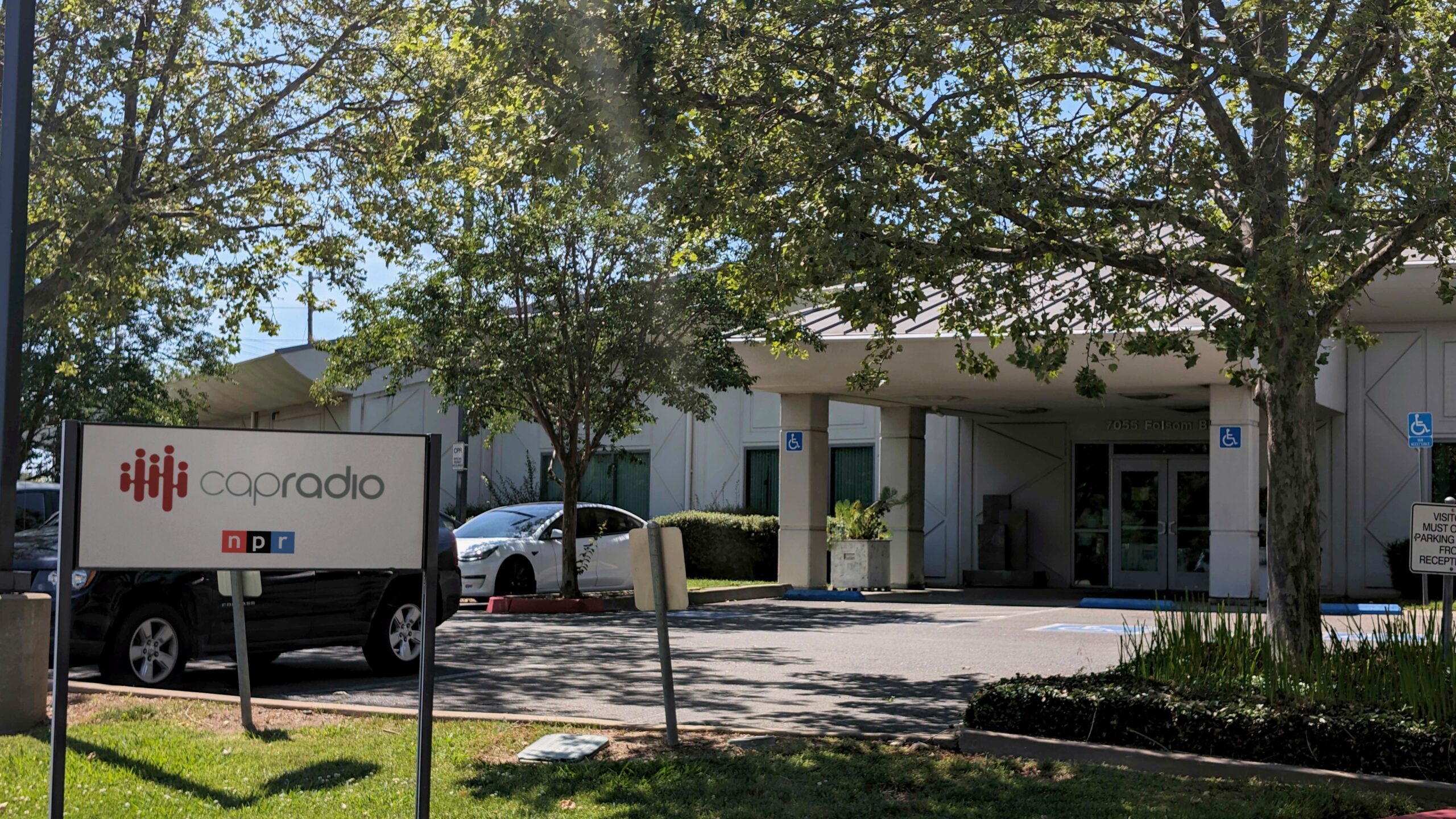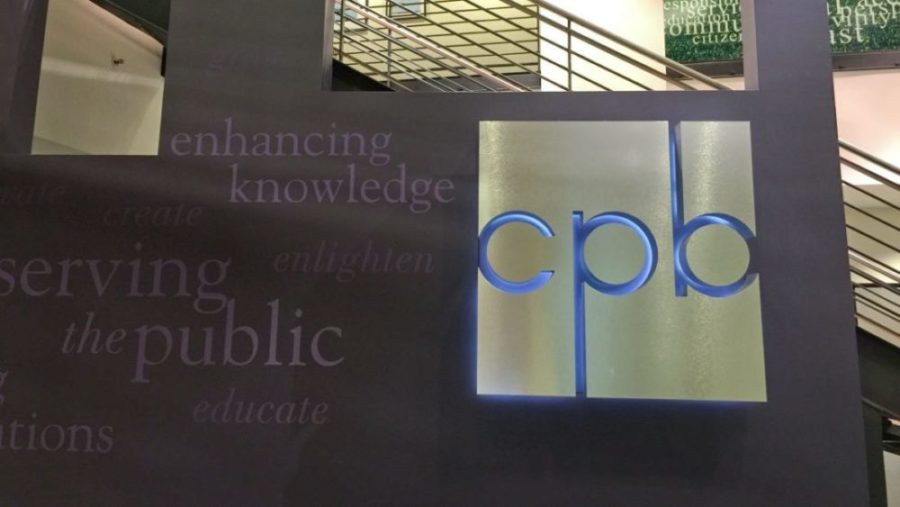NPR urges FCC to improve incentives for public stations to invest in local journalism

Mike Janssen / Current
An FCC proposal that aims to provide incentives for broadcasters to produce local news coverage doesn’t go far enough to significantly benefit public media, according to comments filed by NPR, PBS and America’s Public Television Stations.
A Notice of Proposed Rulemaking adopted in January invited comments on the commission’s plan to speed up certain license applications for radio and television stations that provide what it called “locally originated programming.”
Stations with at least three hours per week of local content could get processing priority on license renewal, assignment or transfer applications, for example.
NPR called the proposal “weak” for public radio in its comments filed March 11.
“Public radio stations do not engage in assignment or transfer of license transactions in the same manner that commercial broadcasters do, and since public radio stations do not sell political advertising or have children’s programming obligations, they do not experience license renewal holds to the extent seen by television or commercial radio licensees,” NPR stated.
“NPR therefore urges the Commission to go further to support investment in local journalism by adopting policies and rules that will support the service of public radio stations.”
PBS and the lobbying group America’s Public Television Stations claimed the proposal would not lead to “any material benefit to public TV stations, which already have their own well-developed local programming ecosystem sustained by key local funding and public-private partnerships.” PBS and APTS filed comments jointly on behalf of public television.
Public TV stations are also “very rarely involved in broadcast transactions,” PBS and APTS said.
After the FCC adopted the NPRM in January, FCC Chairwoman Jessica Rosenworcel said the commission wants to ensure its policies support local journalism.
“This creative proposal offers a new way to do just that,” Rosenworcel said in a Jan. 17 news release.
Rebuild Local News, a coalition that’s advocating for policy changes that will strengthen local news organizations, said the FCC’s proposal is modest but “quite worthwhile.”
“It rewards stations that already do local programming and would encourage some that do little local programming,” the organization said in its comments.
Steven Waldman, a former journalist who led an FCC study on the information needs of local communities, is the founder and president of Rebuild Local News. The coalition’s members include the Institute for Nonprofit News and the National Federation of Community Broadcasters, among others.
Rebuild Local News also suggested that the commission increase the amount of weekly local content required to 10 hours.
“Three hours a week amounts to 26 minutes per day, barely enough to have an impact,” the organization said.
NPR elaborated on how the commission could create more incentives for public radio, including ways to help public radio reach underserved audiences.
“[A] processing priority for stations producing and airing locally originated programming could be adopted in the context of applications for new noncommercial radio stations or applications to expand the signals of existing radio stations through the use of translators, boosters, or higher power levels,” NPR said.
Public radio can be an important source for local news, NPR said, and stations have increasingly taken on that role.
“The rise of public radio as a vital local news source is caused, in part, by the fact that many rural areas and communities are becoming ‘news deserts’ with the demise of commercial local newspapers,” NPR said.







